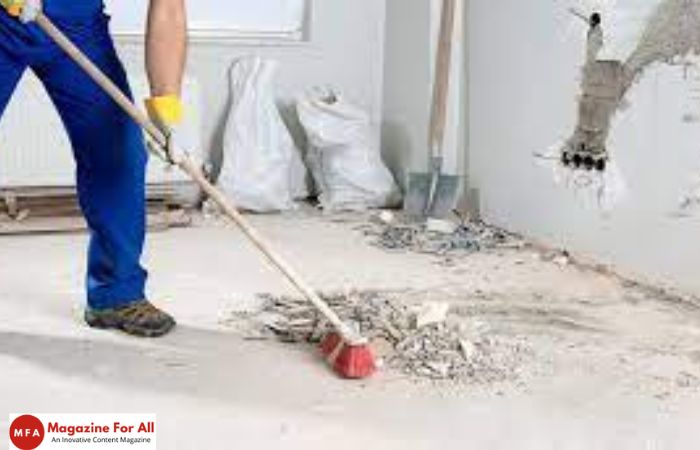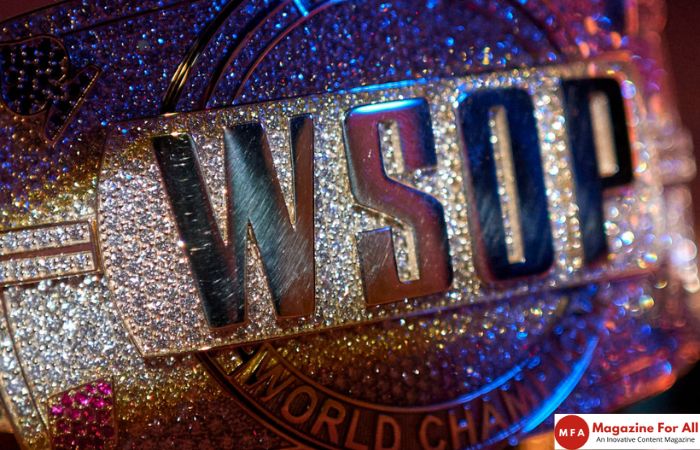Selling industrial equipment can be a complex process that requires careful planning and execution. Whether you’re a business owner looking to upgrade your machinery or an equipment dealer specializing in industrial sales, understanding this processes do’s and don’ts is crucial for a successful transaction. In this article, we’ll explore some key points to consider before selling industrial equipment to ensure smooth and profitable sales.
Do’s:
- Research the Market
Researching the market is of utmost importance when selling consign surplus stock equipment. It provides crucial insights into the current demand, pricing trends, and competitive landscape. By conducting thorough market research, you can determine the fair market value of your equipment. Understanding the pricing dynamics helps you set a realistic and competitive price, attracting potential buyers and increasing the chances of a successful sale. Additionally, market research allows you to identify your equipment’s unique features or selling points, enabling you to craft compelling marketing messages that resonate with your target audience. Moreover, by staying informed about the market, you can adjust your selling strategy, timing, and approach, accordingly, optimizing your chances of finding the right buyer and maximizing your return on investment.
- Gather Documentation
Do not skip the step of documentation! So, you must collect all relevant equipment documentation, including maintenance records, warranties, user manuals, and any certifications or licenses. Buyers will appreciate having access to this information, as it provides them with a comprehensive understanding of the equipment’s history and condition.
- Clean and Inspect the Equipment
Cleaning and inspecting the equipment before selling it is a crucial step in the process. It demonstrates your commitment to maintaining the equipment’s quality and functionality. A clean and well-maintained machine creates a positive impression on potential buyers, instilling confidence in their purchase decision. Additionally, inspecting the equipment allows you to identify and address any maintenance issues or repairs that may be required. Ensuring the equipment is in good working condition will enhance its marketability and value. Buyers are more likely to be attracted to equipment that is well-cared for and has been thoroughly inspected, as it reduces the risk of unexpected problems and future expenses. Taking the time to clean and inspect the equipment increases its appeal and the likelihood of a smooth and successful sale.
- Take High-Quality Photos
It would be best if you use good-quality photography to showcase your equipment effectively. Take clear, detailed photos from multiple angles, highlighting their features and condition. High-quality images will enhance your online listings and generate more interest from potential buyers.
- Advertise Effectively
Effective advertising plays a crucial role in selling industrial equipment. It helps you reach a wider audience of potential buyers and generates interest in your offering. By utilizing various marketing channels, such as online platforms, industry-specific websites, social media, and print media, you increase the visibility of your equipment. Crafting compelling and informative descriptions of the equipment’s specifications, capabilities, and unique selling points helps capture the attention of potential buyers. High-quality photos that showcase the equipment from different angles further enhance the effectiveness of your advertisements. Effective advertising ensures that your equipment stands out in a competitive market, increasing the likelihood of attracting serious buyers willing to pay a fair price. Moreover, reaching a larger audience through effective advertising increases the chances of finding the right buyer quickly, expediting the sale process, and maximizing your opportunities for a successful transaction.
- Offer Warranty or Support:
Consider offering a warranty or after-sales support for your equipment. This demonstrates your confidence in the product and gives buyers added peace of mind. Warranty coverage or ongoing technical support can be a valuable selling point that differentiates your offering from competitors.
Don’ts:
- Overprice the Equipment
One of the key “don’ts” when selling industrial equipment is to avoid overpricing it. Overpricing can have detrimental effects on your selling efforts. Setting an unrealistic or inflated price for your equipment may deter potential buyers and significantly prolong the selling process. Buyers are typically well-informed and conduct their own market research, so an excessively high price will likely be perceived as unreasonable. Researching the market, considering the equipment’s age, condition, and comparable sales is essential, and setting a fair and competitive price. Pricing the equipment too high discourages buyers and limits your ability to negotiate and reach a mutually beneficial agreement. Therefore, it is crucial to avoid overpricing and instead focus on setting a realistic and attractive price that aligns with market expectations.
- Neglect Documentation
Failing to gather and provide the necessary documentation can raise doubts about the equipment’s condition and history. Buyers need assurance that they are making a sound investment, so ensure all paperwork is organized and readily available.
- Misrepresent the Equipment
You need to be honest and transparent about the equipment’s condition, age, and functionality. Misrepresenting the equipment may lead to happier buyers, legal issues, and damage to your reputation. Disclose any known issues upfront to build trust with potential buyers.
- Ignore Negotiation Opportunities
One of the major things you must remember is to be open to negotiations and consider offers from potential buyers. While you may have a target price in mind, it’s essential to be flexible and willing to negotiate reasonably. This can help bridge gaps and secure a mutually beneficial deal.
- Overlook Marketing Channels
You need to avoid relying solely on one marketing channel or strategy. Cast a wide net by utilizing various online and offline platforms to reach a broader audience. The more exposure your equipment receives, the higher the chances of finding the right buyer.
- Rush the Sale
Selling industrial equipment can take time, especially for more significant or specialized machinery. Patience is key, so avoid rushing the sale process, and keep patient! Be prepared to invest time and effort in marketing, negotiations, and responding to inquiries to ensure you find the right buyer at the best possible price.
Conclusion
Successfully selling industrial equipment requires careful preparation, research, and effective marketing. Following the do’s and don’ts outlined in this article can maximize your chances of a smooth and profitable transaction. Remember to thoroughly research the market, gather documentation, present the equipment in the best possible light, and be open to negotiations. With proper planning and execution, you’ll be well on your way to successfully selling your industrial equipment.










































































